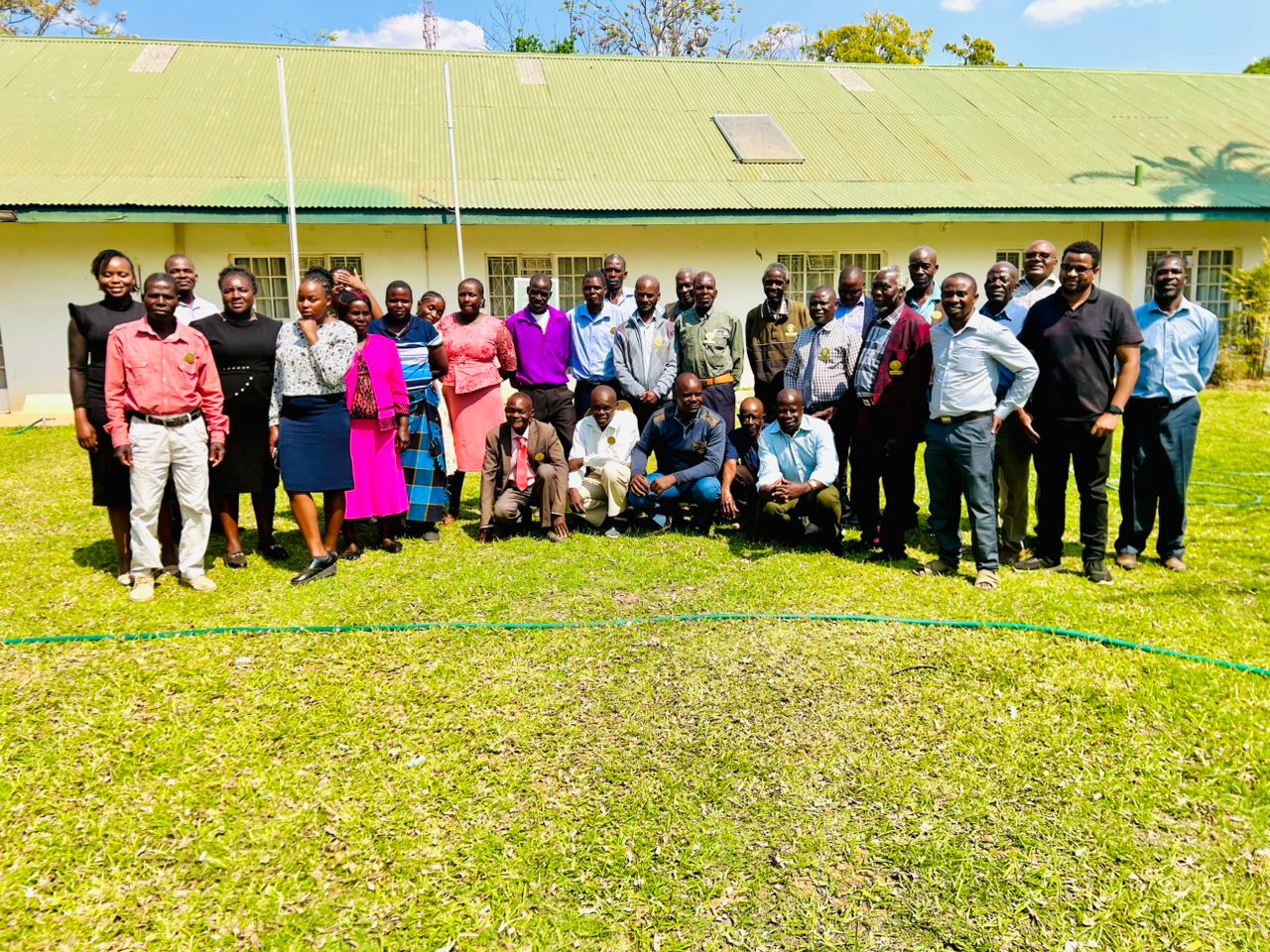|
Getting your Trinity Audio player ready...
|
Writes Sowell Chikwari
The rampant practice of early child marriages in rural and communal areas has been cited as a major driver of Gender-based violence, a vice that has consumed many communities, leaving behind a trail of broken families.
Speaking at a recent workshop held in Mvurwi, traditional leaders bemoaned the proliferation of GBV and domestic violence despite numerous initiatives taken by government, civil society, media, and other key stakeholders to nip the vice in the bud.
Headman Neshangwe from Chitsungo in Mbire District said, “In my area of jurisdiction, the most prevalent forms of violence include early child marriages and GBV. This is largely attributed to poverty, lack of basic education as well as abuse of cultural values. As traditional leaders we are now aligning our cultural ways of life with the laws of the country such as statutes that outlaw child marriages.
“As part of our duties as traditional leaders as outlined in the Traditional Leaders Act Chapter 29:17, we are mandated to report cases of abuse to the police for prosecution as well as to punish perpetrators at our traditional Chiefs’ Courts in line with our laws and customs to discourage would-be offenders.
“As such, to effectively deal with the scourge of gender-based violence in our communities, as traditional leaders we are now invoking instruments at our disposal to flush out perpetrators and fine them according to our cultural values and norms.”
According to Zimbabwe’s Constitution, a child is defined as a boy or girl below the age of 18 and a child marriage is a marital union where either spouse is below 18 years of age.
Statistics reveal that at least one in three women in Zimbabwe gets entangled in some form of violence in a lifetime, especially sexual harassment. However, most cases of abuse often go unreported for fear of victimization.
Chief Chitsungo said, “In Mbire District, most disputes fuelling violence have to do with infidelity among married partners. As Chiefs, we encourage the Social Welfare Department and the Women’s Affairs ministry to proactively engage with our Village Child Protection Committees and do awareness campaigns to conscentise our people to mitigate the increase in such cases.
“At our courts, we are now fining both offending parties for defiling the sacred institution of marriage and breaking down families. Parents should also take more responsibility for the sound upbringing of their children, especially the girl child as the traditional setup of old days has irretrievably broken down.”
According to Chengetayi Chininga from Katswe Sisterhood, “As a women and girls’ rights and welfare organization, we encourage victims and witnesses of any form of abuse to come out and report so that perpetrators are brought to book and assistance is rendered to victims and survivors of gender-based violence.
“There is also a need for more support structures and reporting mechanisms, especially in rural areas. In some instances, victims of violence are faced with daunting choices where they may have to travel long distances to report their cases. Other barriers include socio-cultural and economic factors such as patriarchy in society, religion, stigma, and discrimination.
“As such, interventions should be tailored to include aspects of poverty reduction, improved access to education and life skills, enforcement of legal frameworks, registration of marriages, increasing awareness through sex education, accessible adolescent and victim-friendly health services.”






